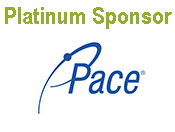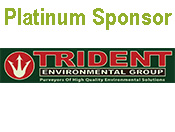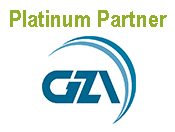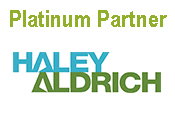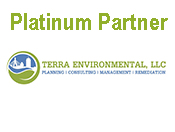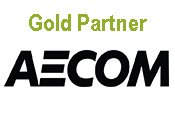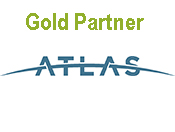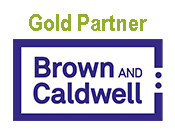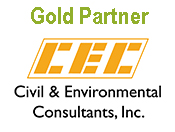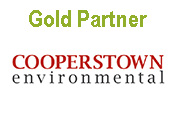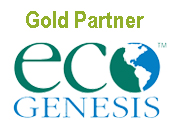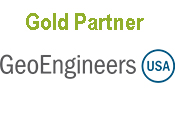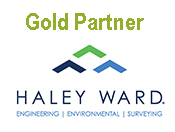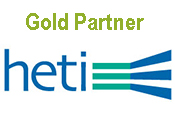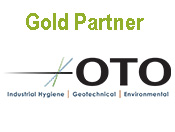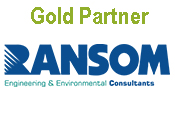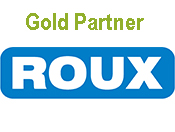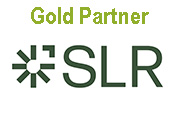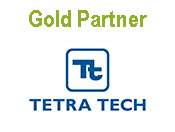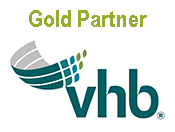Dust inhalation as a health issue has received increasing scrutiny at construction and remediation sites nationwide and in Massachusetts. Historically, the focus has been on the inhalation of respirable particulates by workers; fortunately, instrumentation is readily available that provides real-time worksite data for particulate concentrations in air. However, the focus is now broadening to include health risks associated with contaminants contained in the airborne dust on more sensitive nearby receptors who may also be exposed. This is an issue that frequently must be anticipated for Release Abatement Measures, Immediate Response Actions, and comprehensive remedial actions at Massachusetts Contingency Plan (MCP) sites where significant earthwork is proposed. Unfortunately, instrumentation is not generally available that provides real-time data for the chemical component of dust risks.
For excavation work at sites with sensitive receptors and with contaminants that could sorb to soils, practitioners would be well advised to consider including a real-time dust monitoring program in their planning, as well as a risk-based evaluation of the impact of dust particulates.
This paper provides a bridge between the chemical risks and particulate risks of dust by providing risk-based soil concentrations to meet MCP risk limits associated with the dust inhalation pathway. The paper was used as a reference in
MassDEP’s 2008 Technical Update titled “Characterization of Risks Due to Inhalation of Particulates by Construction Workers.”
A
2016 LSPA newsletter article attempts to summarize the useful contents of the 1997 paper and to make the paper more generally known. Since release of the 1997 paper, several toxicity values and MassDEP-derived relative absorption factors (RAFs) have been updated. For example, toxicity values for arsenic, chromium (III), chromium (VI), silver, benzo(a)pyrene, and naphthalene, and RAFs for arsenic, benzo(a)pyrene, cadmium, mercury, and naphthalene have changed. Therefore, the soil concentrations associated with the NAAQS PM-10 thresholds included in the 1997 paper may not be adequately protective of risk to health. Accordingly, the authors of the 2016 LSPA article have used the equations provided in the 1997 paper to recalculate the soil concentrations that would result in a hazard index (HI) of 0.2 and an excess lifetime cancer risk (ELCR) of 1 in a million at the NAAQS PM-10 dust action level of 150 µg/m
3. This has been done for the eleven contaminants evaluated in the 1997 paper, based on the current toxicity values and RAFs derived as part of the June 2014 MCP and consistent with current risk assessment practices. The resulting values are provided in the 2016 paper.

